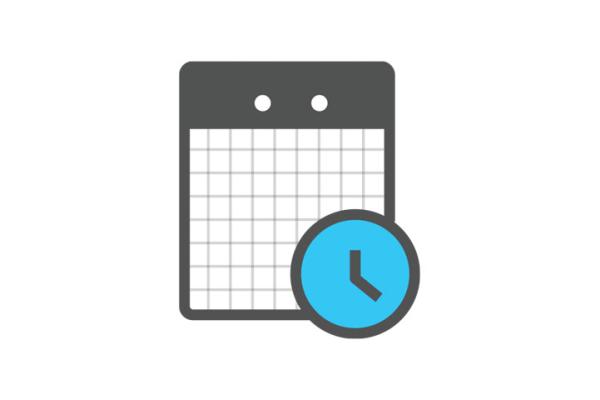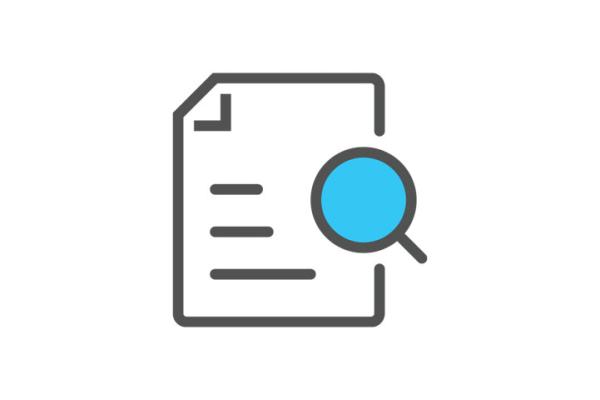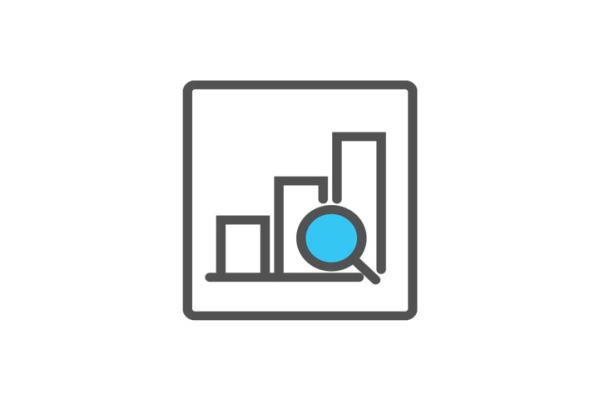Policies and services addressing mental health are the responsibility of individual EU countries. The European Commission has been supporting efforts in the field of mental health for more than 15 years, with each activity building on the results and learning of the previous one.
EU Framework on mental health and well-being
The Joint Action on Mental health and Well-being, launched in 2013 and ran until 2016, resulted in the European Framework for Action on Mental Health and Wellbeing, which supports EU-countries to review their policies and share experiences in improving policy efficiency and effectiveness. It aims to:
- Develop mental health promotion and prevention and early intervention programmes
- Ensure the transition to comprehensive mental health treatment and quality care
- Strengthen knowledge, evidence and best practice sharing in mental health.
EU-Compass for action on mental health and well-being
The EU Compass for action on mental health and well-being assisted with the implementation of the framework by communicating the Joint Action's priorities. The online platform facilitated the collection, exchange, and analysis of information on action in mental health.
The Compass communicated information on the European Framework for Action. It monitored mental health and wellbeing policies and activities of EU countries, and non-governmental actors through:
- The identification and dissemination of European good practices in mental health
- The collection of data on stakeholders’ and national activities in mental health
- The organisation of three annual reports and forum events
- Holding mental health workshops across the EU, and in Iceland and Norway
The EU Compass collaborated with an EU-Group of governmental experts and non-governmental actors in the preparation of four annual scientific papers.
- The good practices brochure: editions 2018, 2017, 2016)
- EU Compass newsletter
Policy and good practice
- Information on progress made by EU countries and NGOs active in the field of mental health promotion is available in the EU Compass annual activity reports.
- Scientific reports also assess a specific thematic issue, providing a summary of relevant activities in the EU, best practices, and recommendations for future action.
- The annual EU Mental Health Compass forum offers the opportunity for high-level discussions on the results of annual surveys, and progress on implementation of the European Framework.
- For the overview of past actions on mental health follow the link: Key documents, deliverables, and good practices collection 2000-2018
Mental health and COVID-19
The pandemic aggravated the situation by causing fear, creating isolation, insecurity, loss of stability, income and loss of loved ones.
The Health at a Glance Europe 2020 report noted that the COVID-19 pandemic and the subsequent economic crisis caused a growing burden on the mental well-being of the citizens, with evidence of higher rates of stress, anxiety and depression. Young people and people in lower-income groups being considered at increased risk. Disruptions to health care for those with pre-existing mental health conditions constitute a significant part of the negative impact that the pandemic had on mental health.
The mental health challenge posed by the COVID-19 pandemic is getting more and more complex. DG SANTE has set up a dedicated network space on its Health Policy Platform for health and social stakeholder organisations to exchange specific mental health practice and knowledge related to COVID-19.
Co-ordinated by Mental Health Europe, this virtual network includes a focus on the needs of vulnerable groups such as the homeless, people with pre-existing conditions, and older people. The web space also holds a virtual library.
A first webinar to share the results of an initial mapping exercise was held on 16 October 2020, focusing on the mental health needs of healthcare workers.
Action
The European Commission has long been dedicated to improving the mental health of the population, as it is possible to understand through an overview of the past activities.
The Commission’s work on non-communicable diseases and mental health builds on international policy frameworks, notably the UN Sustainable Development Goals and the 9 global voluntary targets set by the World Health Organization on Non-Communicable Diseases. The Commission’s efforts focus on supporting and complementing EU countries' policies.
The Steering Group on Health Promotion, Disease Prevention and Management of Non-Communicable Diseases (SGPP - an expert group with representatives from EU countries’ health ministries) was formally established in 2018 to support Member States in reaching the health targets of the Sustainable Development Goals.
The Commission presents to the Steering Group best practices and approaches selected according to national and EU priorities. EU countries then indicate which of those they are interested in implementing or scaling-up.
Open, as well as targeted, calls for best practices are published in the Best Practice Portal. It also provides an overview of practices collected and transmitted in actions co-funded under the Health Programmes.
In 2018, the SGPP prioritized mental health as the area for best practice implementation. In May 2019, a pre-selection of best practices was presented to EU countries who then ranked them according to the relevance to their national priorities.
Financial support has been made available via the Health Programme’s 2020 Annual Work Plan to co-fund the implementation of three practices that received the highest ranking:
- a mental health system reform focusing on strengthening client-centered community-based services, as developed in Belgium
- a multi-level national suicide prevention programme developed in Austria
- a step-wise intervention programme to tackle depression, developed through European collaboration
A proposal for a Joint Action (ImpleMENTAL) to roll out the mental health system reform and suicide prevention examples is being rolled-out in 2021. The step-wise intervention programme to tackle depression will be implemented via the EAAD Best project.
EU’s efforts in the field of mental health aim to support real action on the ground where it matters most to EU countries.






